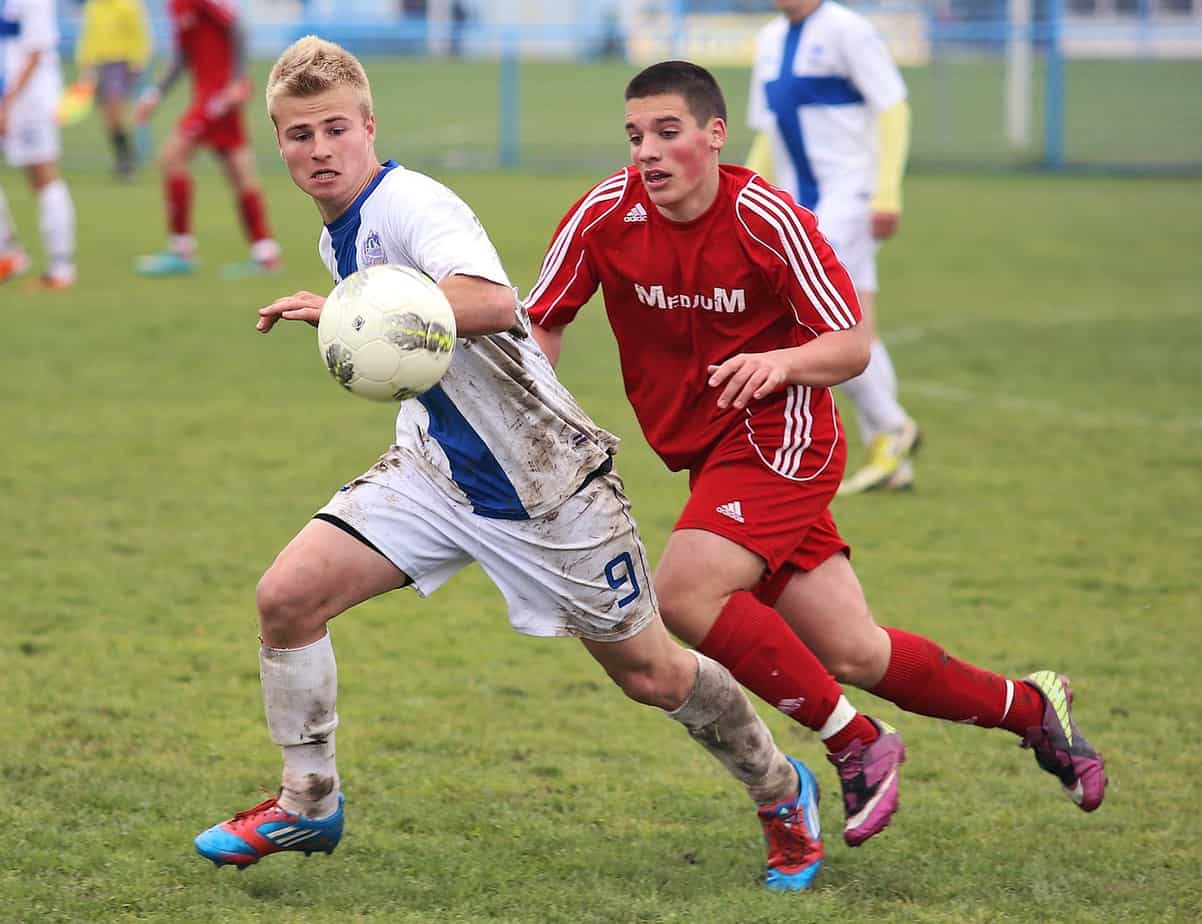The men of an isolated indigenous group in Bolivia called the Tsimane have a third less testosterone compared with US men and their testosterone levels also do not decline with age. However, Tsimane men and US men have something in common: both experience elevated testosterone during competition, indicating competition-associated bursts of testosterone are a basic aspect of human biology, according to new research.
It is generally accepted that men’s testosterone levels decline with age. In fact, declining testosterone is one reason why some men seek testosterone treatments as anti-aging therapy.
According to investigators at the University of Washington, the lower levels of testosterone seen in the Tsimane makes sense because “maintaining high levels of testosterone compromises the immune system,” and challenges to the immune system in the form of parasites and pathogens are abundant in their environment.
But although Tsimane males and US males differ with respect to baseline testosterone and changing hormone levels with age, both groups of men experience short-term elevated testosterone during competition. This similarity was witnessed when the researchers measured testosterone levels during a soccer tournament organized for the Tsimane men.
Overall, the authors concluded that “While previous studies suggest that environmentally mediated T may decrease territorial or competitive behaviour, we propose that once engaged in physical competition, acute increases in T are physiologically beneficial regardless of individual condition.”
Read more in our Low T Health Center.
Reference
Trumble BC et al. Physical competition increases testosterone among Amazonian forager-horticulturalists: a test of the ‘challenge hypothesis’. Proceedings of the Royal Society B: Biological Sciences 2012 Mar 28
